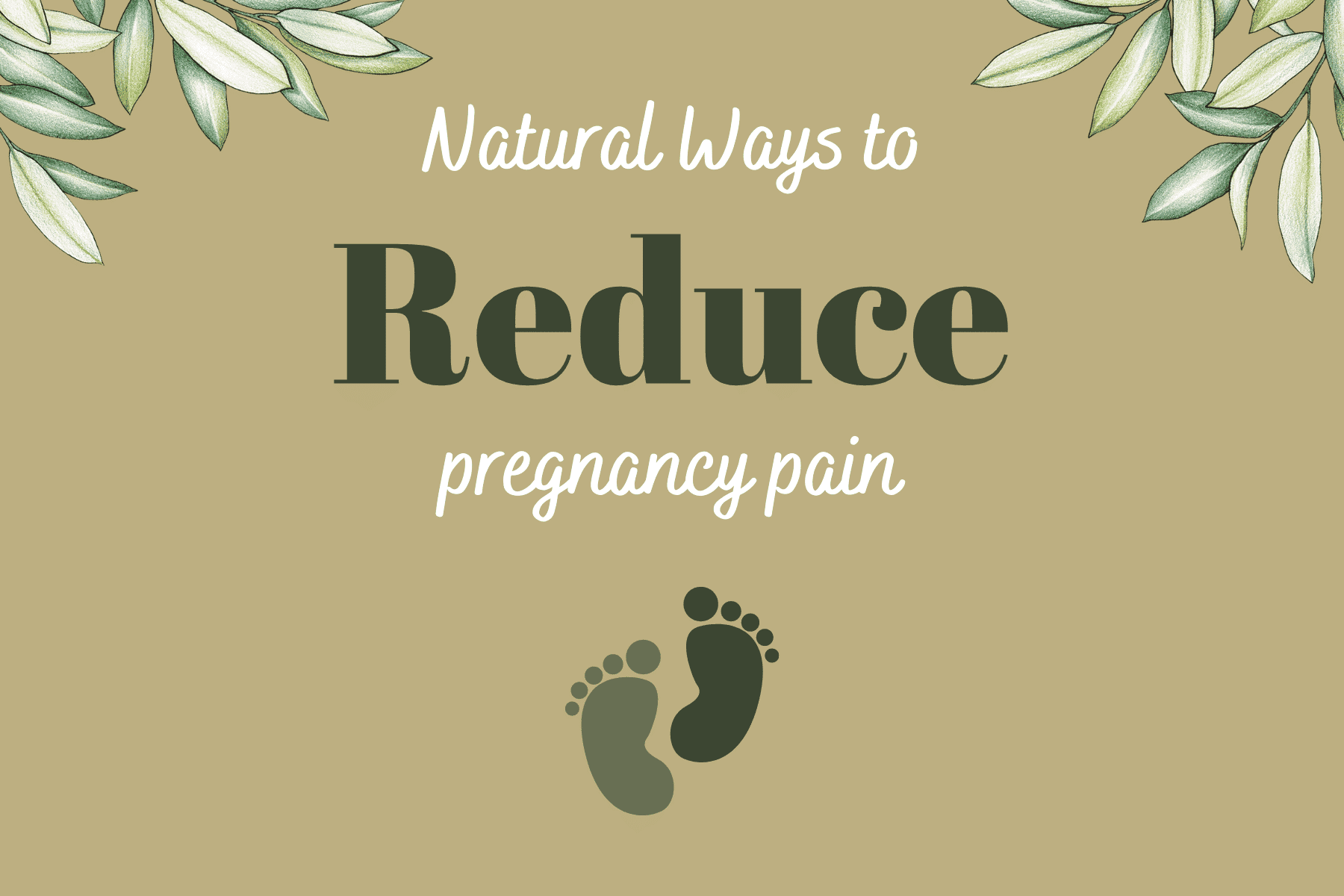
Pregnancy pain
Mild stomach pain in the early stages of pregnancy is common. It can feel exactly like period cramps and is due to the expansion of your womb. As you journey through your pregnancy your body will change in many ways. These changes can cause the body to experience different kinds of pains, aches, soreness, irritation, and stiffness.
We have put together a list of the most common pregnancy complaints and some natural ways to relieve them.
Common pregnancy complaints
- Pelvic pain & stomach pain
- Swollen ankles
- Hormone imbalances
- Tiredness & sleep problems
It is completely normal for the stretching of ligaments and shifting of organs that happens during pregnancy to cause some discomfort. However, every pregnancy is unique and sometimes pregnancy pain can be a red flag, particularly if there is any unusual discharge or bleeding. Nobody knows your body better than you and your doctor, so it’s always best to consult your doctor immediately if you’re concerned.
How can I reduce my pregnancy pain?
-
Light exercises
Mothers can get too anxious, worried, or uncomfortable to sleep well on a night. There are a few completely natural things you can do that will improve your sleep quality. Such as, light exercises during the day, supporting yourself with pregnancy pillows, drinking warm pasteurised milk, or having a nice bath.
Some light exercises for mums-to-be include prenatal yoga, aquanatal classes, pelvic floor exercises and walking.
-
Eat plenty of protein, fruit, and vegetables
A healthy diet will not only make you feel great, but it can help to regulate your hormones and even prevent thrush. Avoiding sugar, caffeine, wheat, and alcohol can improve your general health and help to prevent candida growth. Some foods to eat whilst pregnant include lean chicken and protein, healthy fats like avocado and non-starchy vegetables like asparagus, carrots, cucumber, and salad greens.
-
Ginger and peppermint tea
Staying hydrated during pregnancy is so important in helping form amniotic fluid, producing extra blood, carrying nutrients, and flushing out waste toxins. Pregnant women need at least 8-12 glasses of water per day.
Ginger and peppermint tea is known to hydrate, relieve nausea, relieve cramps, fight bacteria and aid sleep. During pregnancy it’s best to drink ginger and peppermint tea after the first trimester, and no more than 1-2 cups a day is recommended.
-
Pregnancy Massage
Pregnancy massage has the power to improve mood, increase sleep quality, provide stress relief, decrease pain, and decrease swelling. We recommend pregnancy massage treatment after the first trimester, as that is when it’s safest to start. A pregnancy massage is a great way for mums to spend quality time relaxing, whilst bonding with their growing babies.
If you’re interested in our pregnancy massage treatment, you can book in with us in Wakefield or Leeds today.
